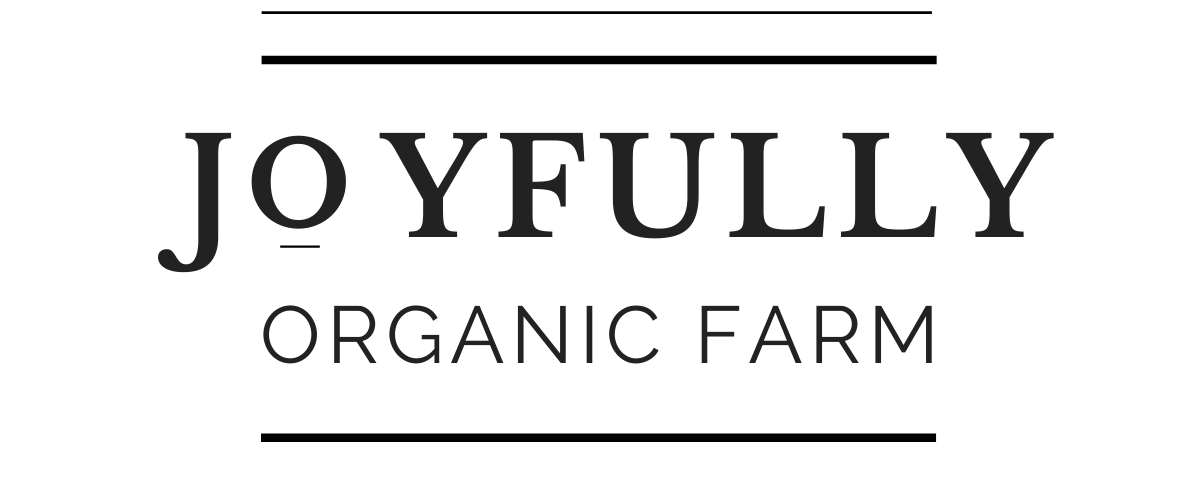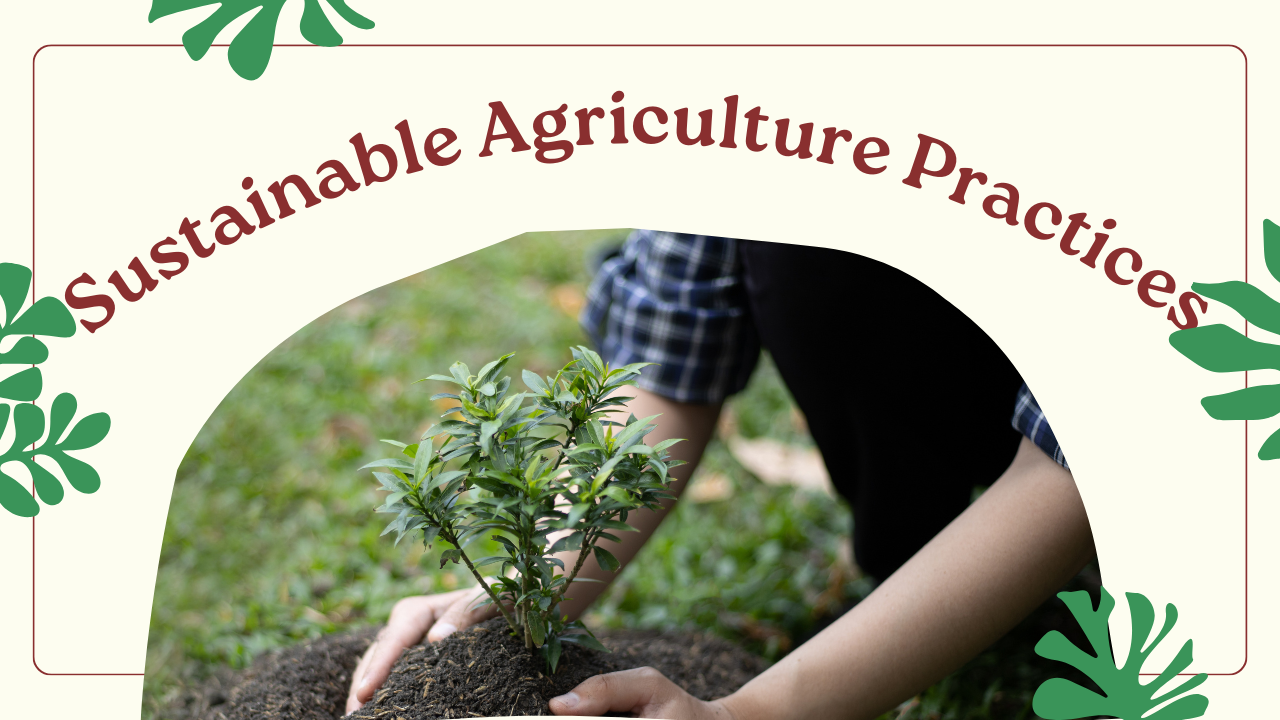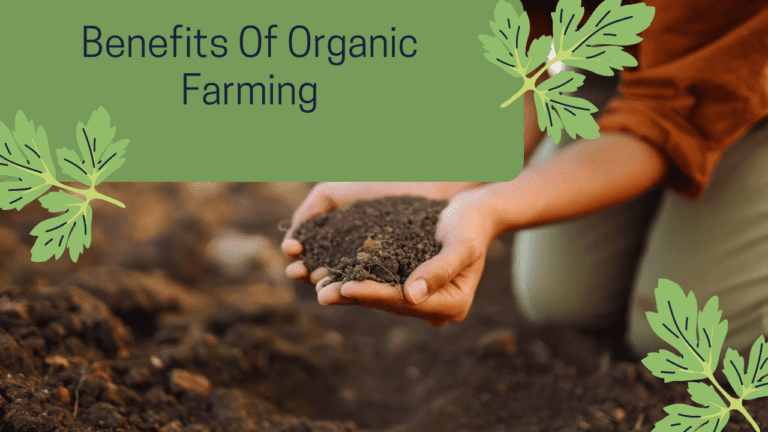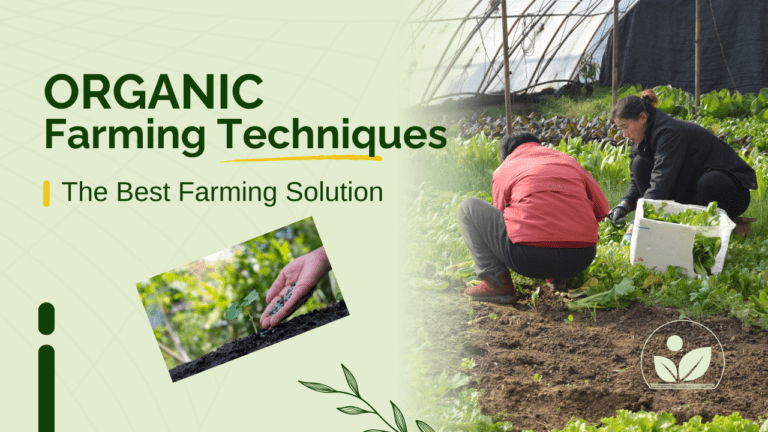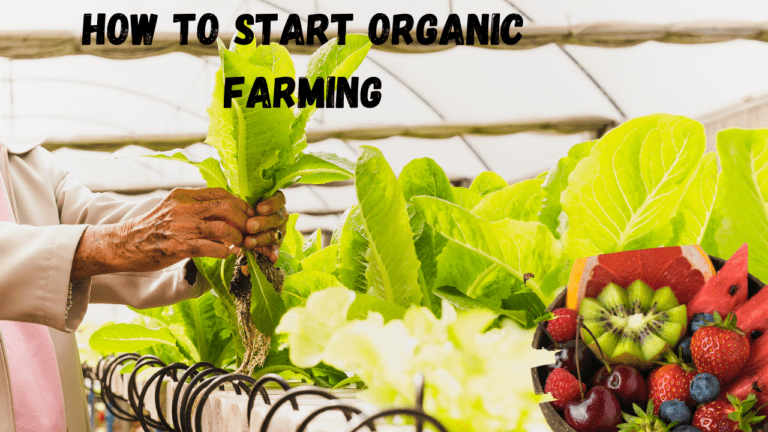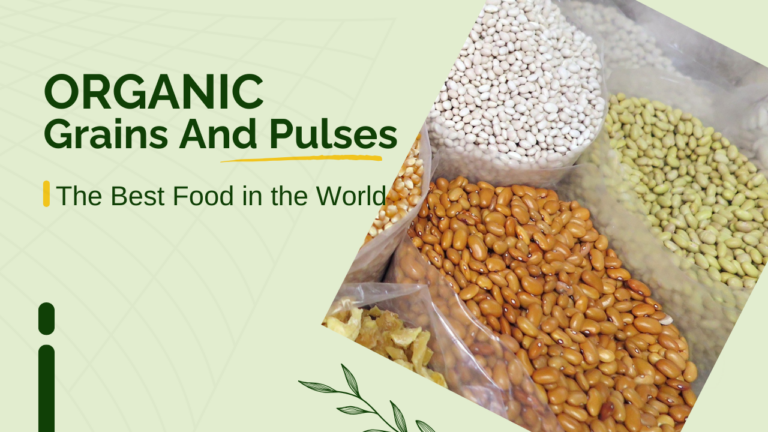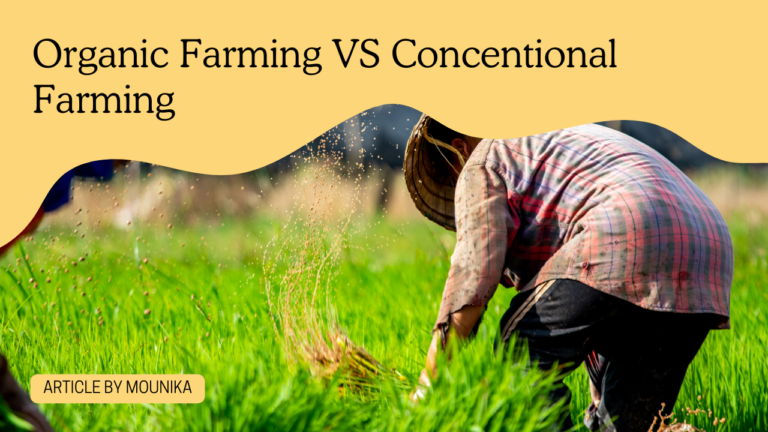10 Essential Sustainable Agriculture Practices Every Farmer Must Know
Sustainable Farming Practices
Introduction of Sustainable Agriculture Practices:
Sustainable farming practices are essential for maintaining the ecological balance while meeting the growing demand for food.
These practices focus on enhancing productivity without harming the environment. By adopting sustainable farming, farmers can ensure long-term soil fertility, water conservation, and biodiversity protection.
This article explores the principles, techniques, and benefits of sustainable farming practices to help you make informed decisions.
What is Sustainable Farming?
Sustainable farming is an approach that integrates environmental health, economic profitability, and social equity into agricultural practices. It aims to reduce the environmental footprint of farming while improving efficiency and productivity.
Key Principles of Sustainable Farming
Soil Health Management
- Avoid soil erosion by using contour farming and terracing.
- Enrich soil fertility with organic compost and crop residues.
- Practice no-till or reduced-till farming to preserve soil structure.
Water Conservation
- Use drip irrigation and rainwater harvesting to reduce water wastage.
- Avoid over-irrigation to prevent salinization of soil.
- Protect water bodies from contamination by chemical runoff.
Biodiversity Preservation
- Promote crop diversity by planting multiple crop species.
- Support pollinators like bees by maintaining natural habitats.
- Avoid monoculture farming, which depletes soil nutrients.
Renewable Energy Usage
- Utilize solar panels and wind turbines to power farm operations.
- Transition to biofuels for farm machinery.
- Reduce reliance on fossil fuels by adopting energy-efficient systems.
These are the key principles of Sustainable Farming Practices
Sustainable Farming Techniques
Crop Rotation
Rotating crops across fields prevents nutrient depletion and disrupts pest cycles. For example, alternating legumes with cereals improves nitrogen fixation.
Agroforestry
Integrating trees with crops and livestock enhances biodiversity, improves soil quality, and provides shade for livestock.
Organic Farming
Avoid synthetic chemicals and fertilizers, focusing instead on natural inputs like manure, compost, and biological pest control.
Integrated Pest Management (IPM)
Combine biological, physical, and chemical methods to manage pests sustainably. Use pheromone traps, beneficial insects, and minimal pesticide applications.

Benefits of Sustainable Farming Practices
- Environmental: Reduces pollution and conserves natural resources.
- Economic: Lowers input costs by minimizing chemical usage.
- Social: Ensures food security for future generations.
- Health: Provides safer, chemical-free food products.
Challenges in Implementing Sustainable Farming
- High initial investment in renewable energy systems.
- Limited awareness and training among farmers.
- Difficulty transitioning from conventional practices to sustainable methods.
How to Start Sustainable Farming?
- Assess your land’s soil and water quality.
- Develop a plan incorporating crop rotation, organic inputs, and efficient irrigation.
- Invest in training for sustainable techniques.
- Seek government subsidies and grants for sustainable farming equipment.
- Continuously monitor and adapt practices to improve sustainability.
Sustainable Agriculture Practices:
| Sustainable practice | Description | Benefits | Examples |
| Crop Rotation | Alternating crops in a sequence to improve soil health and reduce pests. | Reduces soil erosion, enhances fertility, breaks pest cycles. | Rotating wheat, maize, and legumes. |
| Cover Cropping | Growing specific crops to protect and enrich the soil during off-seasons. | Prevents erosion, suppresses weeds, adds organic matter to soil. | Planting clover or rye as cover crops. |
FAQs Of Sustainable Agriculture Practices
Summary
Sustainable farming practices are vital for creating a balance between agricultural productivity and environmental protection. By adopting these methods, farmers can ensure healthier ecosystems, improved yields, and long-term benefits for their communities. Whether you’re a seasoned farmer or just starting, sustainable farming is the way forward.
References
- FAO – Sustainable Agriculture Guidelines. FAO Website
- Rodale Institute – Principles of Sustainable Farming. Rodale Institute
- USDA – Environmental Benefits of Sustainable Practices. USDA
